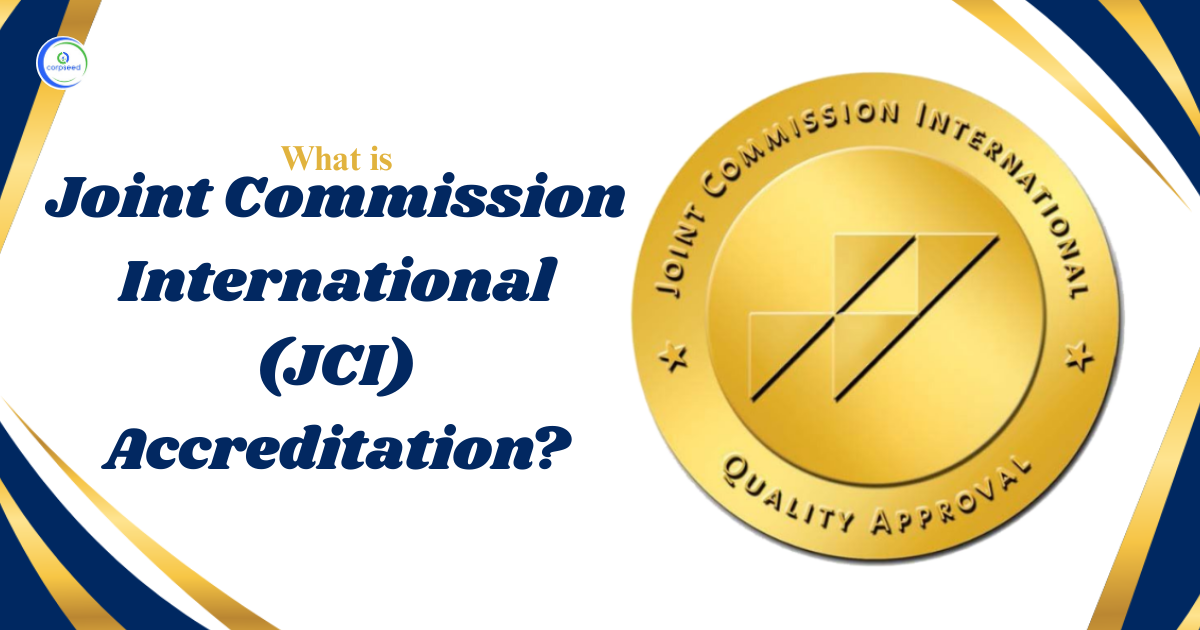Introduction: Hospital in India
Every citizen of our country has a basic need for and right to healthcare. Hospitals, nursing homes, clinics, medical camps, and other medical facilities serve as the foundation for this healthcare delivery, which is aided by doctors, nurses, and other medical personnel. Unfortunately, India has a large and rapidly rising population but few hospitals. There is only one hospital bed in India, which can accommodate 879 people. This is significantly lower than the global average of 30 hospitals per 10,000 people. According to the World Health Organization, India requires 80,000 additional hospital beds each year to meet the demands of its rapidly rising population. This emphasizes the urgent need for more hospitals to be constructed at a faster rate.
The healthcare sector in India is currently the second fastest-growing, trailing only retail. Unsurprisingly, many corporations are eager to take advantage of the prospects presented by this sphere of business and are actively contemplating or have already diversified into this industry by establishing their own hospitals. For example, Apollo Hospitals in Chennai, India, has developed rapidly in the last 30 years from a small, unrecognized hospital brand in a small region of southern India to an enormous network of more than 8500 hospitals across India and abroad, with even faster expansion expected in the coming years. The intricacies of beginning a healthcare business in India are discussed in this article.
Table of Contents
--------------Blog Contact Form-------------
Divide between Urban and Rural areas, as well as their respective Private and Public reach:
The IMS Institute for Healthcare Informatics conducted a study in 2013 that found a consistent increase in the use of private healthcare facilities in both rural and urban areas over the last 25 years for both Out-Patient and In-Patient services across 12 states and over 14,000 households. According to the National Family Health Survey, the private medical sector continues to be the primary provider of health care for about two-thirds of the country's population (the distribution in urban areas being about 70 percent of households and a corresponding proportion in rural areas of about 63 percent of households)
The main reason for relying on the private sector rather than the public sector is the poor quality of care in the public sector; at the national level, over 57 percent of households cite the poor quality of public healthcare as the primary reason for this persistent preference for private health care. Other less relevant reasons influencing this decision include the distance to the public sector institution, the occasionally unusually long waiting times, and the generally inconvenient operating hours.
Because the process of establishing a hospital entails so many processes, sub-processes, and financial considerations, it is critical to prepare a comprehensive feasibility study report before getting started. Setting up a hospital is a complicated process that requires careful planning, permissions, funding, advisors, and specialists.
Licenses Required
List of license is required for starting a hospital, you'll need the following licenses:
- Land and Construction-related:
The land is the first issue to address, and non-agricultural land expressly designated for hospitals should be sought. Land records kept by local governments or municipal corporations can provide this information. If there is no prior designation for hospitals, the local authorities must be notified of the change of use.
You'll need various documents to get started, including the property title deed, corporation or company information, approval from the local government to utilize land space for construction, a building permit, a tax identity card, and an architect's plan. Before building on the last of them may begin, the local government must give its formal consent. It is also necessary to obtain a certificate of no objection.
After getting electricity and installing the tiles, the authorities can issue a completion certificate after the premises have been examined. After all of the clearances have been completed, the government gives an occupation certificate.
- Needs for electricity:
The approximate electricity requirement of a hospital is calculated based on the use of lighting, air conditioning, and medical equipment. With the help of an architect or a hospital expert, these might be evaluated. Permission must be acquired from the local electric distribution board.
- Water requirements:
Your hospital will require around 100 liters of water per bed per day as a rough estimate. In reality, the amount of water required for a hospital varies greatly depending on whether it is a primary, secondary, tertiary, or special care facility. This amount accounts for everything from a patient's water needs to hospital upkeep. The water requirements are approved by the local authorities.
- Sanitation and sewage waste:
Permission from the local authorities is required for the installation of sanitation and waste control facilities, such as tanks, pipelines, and the like.
- Problems with biomedical waste:
Biomedical waste, such as body parts or tissues, must be disposed of in incinerators in large hospitals. Smaller hospitals cannot afford to build incinerators since they take up 500 to 1,000 square feet of area. As a result, they must register with municipal governments in order to dispose of waste.
- Approval from the fire department:
For major hospitals, this is a necessary necessity.
- Health certification:
In most locations, a healthcare center will only be certified after all beds and equipment have been placed. There is a little price associated with this.
Registration and Legal Requirements
It is not easy to open a hospital or clinic in India. The lengthy process of government clearances and associated paperwork is inconvenient enough; however, the cost constraint is far more difficult to overcome. The establishment of a healthcare facility, as well as its ongoing maintenance, necessitates comprehensive financial planning for hospital setup.
- Registration under the clinical establishment act, 2017: The Clinical Establishment Act of 2017 requires registration. The national government passed this law, which is now being implemented by Indian states. It requires a one-time registration for a location to be used as a hospital. The state government that has adopted this act is responsible for the registration.
- Registration under Companies Act, 2013: When a hospital is founded under the ownership of a corporation, this statute applies. The statute requires that the corporation be registered and that it meets all of the requirements for incorporation, such as the memorandum of association, articles of incorporation, capital structure formation, securities allotment, and account audits.
- Each director's Director Index No (DIN NO): The Ministry of Corporate Affairs, Government of India, is in charge of this. It is a legal requirement for each director who wishes to be a part of a corporation to register. For directors, it is a one-time registration.
- Registration under societies registration act, 2001: The society registration act is required if the hospital is to be founded under the ownership of society.
Requirements for Loans and Finance
As a result of the strong previous performance of new hospital startups, acquiring financing for the establishment of a hospital or healthcare center is not difficult in most cases, with banks eager to participate in possibilities with a clear vision for growth and profitability.
Experts and Advisors:
You'll need to hire these professionals to help you set up a hospital: architects, structural engineers, and electrical engineers, as well as advisors in water and sanitation, fire prevention, and hospital design.
Planning at the Department Level:
- Medical Equipment Purchases: Budgeting, locating vendors, and selecting the best seller are all tasks that must be completed. Annual maintenance contracts are purchased, installed, and obtained.
- Assessing the HR function: Creating a department-by-department requirement matrix providing human resources, Interviewing and hiring, calculating the financial impact.
- Doctors and other medical professionals: Freelance medical professionals, resident medical officers, visiting doctors, other medical consultants, and nursing staff are all examples of freelance medical professionals.
- Equipment and services used on a daily basis: Civil works, air conditioning, air handling unit, plumbing, electrical maintenance, medical gas pipelines.
- Automation and computerization: CRM systems, hardware, and software (e.g., Hospital Management Information System).
- Protocols and systems: Protocols for nursing and admissions, infection control, and so on.
- Additional needs for planning: Pharmacies and stores, Selection, installation, and training of high-tech equipment creating super-specialty divisions.
This portion of the site is for informational purposes only. The content is not legal advice. The statements and opinions are the expression of author, not corpseed, and have not been evaluated by corpseed for accuracy, completeness, or changes in the law.
BOOK A FREE CONSULTATION
Get help from an experienced legal adviser. Schedule your consultation at a time that works for you and it's absolutely FREE.









